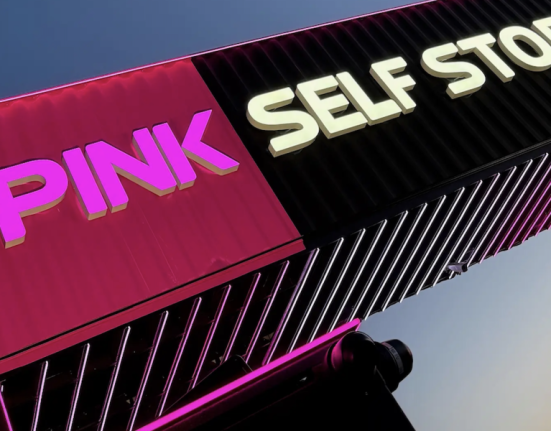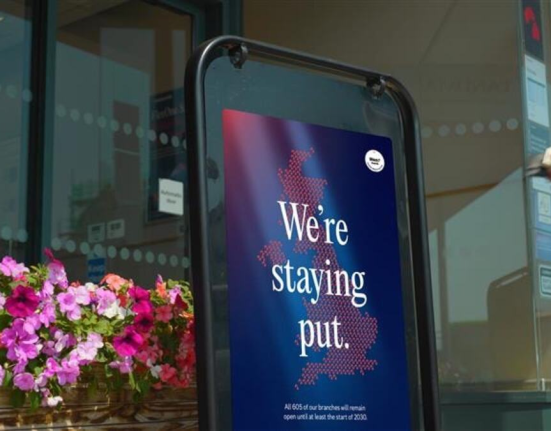The theatre of politics
Politics has never been a genteel contest of ideas. It has always been a performance, a primal stage where power is conferred not through the merit of a manifesto but through the mastery of a moment. Yet today the spectacle has intensified. Leaders are no longer simply judged by the outcomes they deliver but by the theatre they construct in real time.
In an age saturated with content, every gesture becomes symbolism, every announcement becomes set design, every photo opportunity becomes a liturgy of curated relevance.
The shift is not subtle. Leaders now behave less like public servants and more like entertainers whose greatest fear is not policy failure but audience fatigue. This is the political climate that rewards charisma over competence and narrative over numbers.
Voters are not scrutinising policy documents; they are consuming political content, scrolling past pledges and instead evaluating tone, posture, and the elusive quality of perceived authenticity. Politics has become pageantry and the electorate, willingly or not, has become its audience.

Why narrative beats numbers
The raw truth is that data does not move people. Stories do. Numbers demand cognitive effort; narratives invite emotional investment. A leader armed with spreadsheets will always lose to one armed with symbolism. Brexit was not won on fiscal projections, it was won on the pulse of identity. The same dynamic propels modern movements and leaders worldwide.
Narrative wins because it simplifies. It distils complexity into a digestible emotional arc. It offers heroes and foes, stakes and consequences, beginnings and endings. The political strategist who understands narrative power can outmanoeuvre the most carefully costed policy plan because the electorate buys into meaning, not maths.

The influencer mindset in government
Governments now mimic the playbook of influencers because influencers have mastered what governments crave: direct audience loyalty. The influencer mindset dictates that the leader is the product, the message is the brand, and the voter is the consumer.
This mindset manifests in the daily performance of politics. Leaders post candid candidly staged videos, adopt the language of accessibility, and create parasocial intimacy in place of genuine connection. They cultivate relatability through contrived imperfection and present hyper-polished authenticity as proof of honesty.
Critics may dismiss this as superficiality, yet it is strategically effective. The leader who can perform authenticity more convincingly than a rival often secures the emotional upper hand. In a world that rewards speed over depth, the leader who can give the appearance of sincerity faster than another can offer substance gains an almost insurmountable edge.
What brands can learn
For brands navigating volatile political and cultural landscapes, the lessons are abundant and unavoidable. Brands once relied on traditional reputation, heritage, and market positioning. Now they must understand narrative economics. The marketplace is governed by attention scarcity and emotional currency.
Brands must behave as storytellers, not broadcasters. They must understand that meaning is co-created with audiences, not dictated from above. They must accept that perception, not performance, sets the terms of engagement. A brilliant product with a poor story will be outpaced by an average product with a resonant one.
Reputation as the ultimate currency
Reputation has become the final frontier. It cannot be bought outright. It cannot be artificially inflated forever. It must be constantly reinforced through consistent narrative alignment. In the modern climate, reputation is fragile because audiences are fickle and platforms amplify outrage with remarkable efficiency.
Brands and leaders now operate under permanent scrutiny. Every misstep threatens not merely criticism but communal abandonment. Reputation management is therefore no longer a defensive discipline; it must be proactive, strategic, and woven into every decision a leader or organisation makes.
Final call to action on authenticity
Authenticity has become both the rarest and most counterfeited commodity in public life. Leaders perform it, brands simulate it, and audiences demand it even when they cannot define it.
If modern leadership is a performance, then the only sustainable performance is one anchored in truth. Audiences, voters, and consumers are growing increasingly literate in the tricks of the trade. They can sense contrivance. They can detect when narrative veers into artifice.
The future belongs to those who can align their actions with their story, who can deliver substance beneath spectacle, and who can demonstrate that performance is not a substitute for credibility but a vessel for it.
In a world governed by perception, persuasion, and power, authenticity is the only script that will endure.







